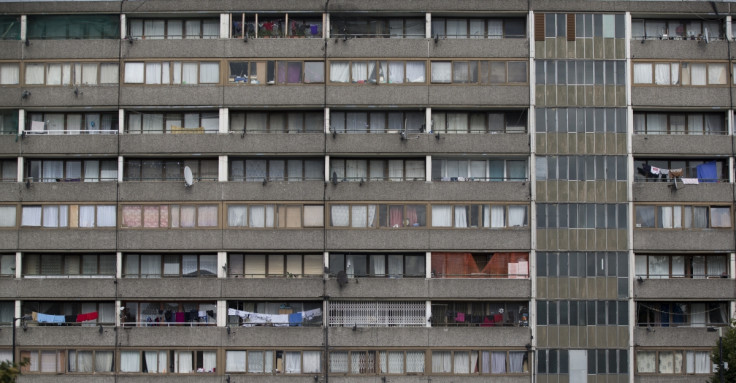Right to rent creating 'hostile environment for good landlords and legitimate tenants'

More than 90% of landlords in England and Wales say they have received no information from the government on their legal duties under the controversial new "right to rent" rules which force them to check the immigration status of tenants. That is according to a survey by the Residential Landlords Association (RLA), which represents 40,000 of them.
From 1 February, landlords must check to make sure their tenants have the right to be in the country and report those who do not to the authorities. Landlords found breaking the right to rent rules will face punitive fines of up to £3,000. The government argues this will help crack down on illegal immigrants as well as the rogue landlords who exploit them and provide poor living conditions. Right to rent's critics argue it will take renting back to the dark days of "no dogs, no blacks, no Irish" by causing landlords to make their lives easier and discriminate against non-British tenants.
The RLA survey of 1,500 landlords also found that 72% did not understand their obligations under right to rent, despite information being readily available online. And 44% will only rent to people who have documents that are familiar to them. "The government argues that it's right to rent plans form part of a package to make the UK a more hostile environment for illegal immigrants," said Dr David Smith, policy director for the RLA.
"The evidence shows that it is creating a more hostile environment for good landlords and legitimate tenants. Landlords are damned if they do and damned if they don't. Fearful of a fine, they face two difficult ways forward. They can play it safe, and take a restrictive view with prospective tenants, potentially causing difficulties for the 12 million UK citizens without a passport.
"Alternatively, they may target certain individuals to conduct the checks, opening themselves up to accusations of racism. The government's own evaluation of its pilot scheme noted that there was only limited evidence that the policy is achieving its objectives. Given the considerable problems it will create for tenant-landlord relations it's time for the government to think again."
An evaluation by the Home Office of its right to rent pilot in the West Midlands found "no evidence" that those from minority groups were less likely to secure a tenancy than white people. It did, however, note those from ethnic minorities were more likely to be asked for documentation and "comments from a small number of landlords... did indicate a potential for discrimination".
© Copyright IBTimes 2025. All rights reserved.






















